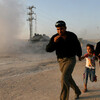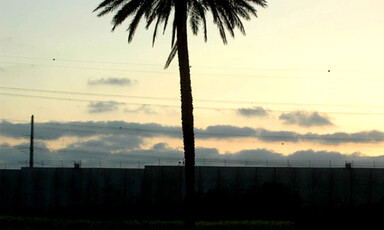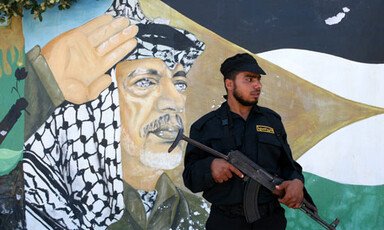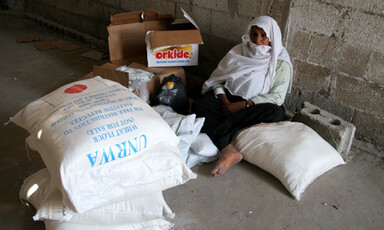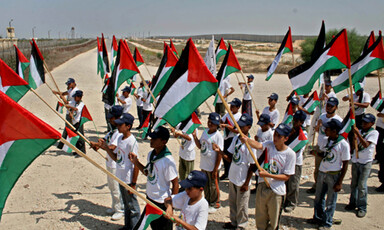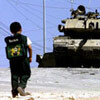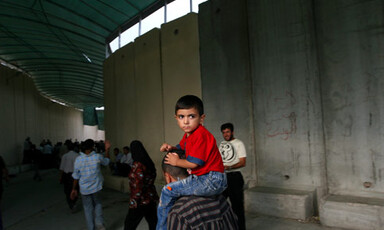
The closed gates to Gaza
30 July 2007
We had planned to leave Gaza around the beginning of June, with tickets booked out of Cairo 7 June. My parents were to come along with us for a visit. As is often the case in Gaza, things don’t always go according to plan. Rafah was open erratically during the month of May, and closed entirely the week prior to our departure. Wonderful, we thought — at least we could make our flight, if only barely. Laila El Haddad recounts barely squeezing out of Gaza early June only to have the gates to the Strip lock behind her and the thousands of other Palestinians currently stranded in Egypt. Read more about The closed gates to Gaza
